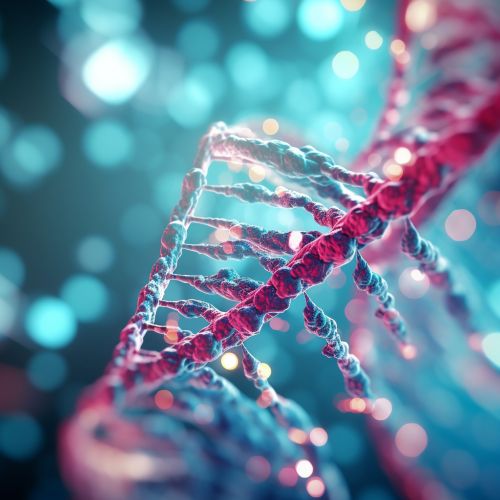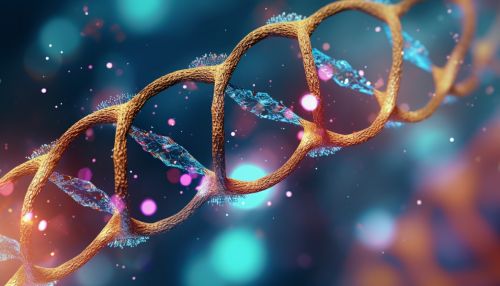Aging
Introduction
Aging, also known as senescence, is a complex biological process characterized by a progressive decline in physiological function, increased susceptibility to diseases, and ultimately, death. The process of aging is universal, affecting all living organisms, albeit at different rates and to varying extents. This article delves into the intricate mechanisms of aging, the factors influencing it, and the societal and medical implications of an aging population.
Biology of Aging
Aging is a multifaceted process, involving changes at the molecular, cellular, and organismal levels.
Molecular Changes
At the molecular level, aging is associated with the accumulation of various types of damage, including DNA damage, protein misfolding, and lipid peroxidation. Over time, these damages can disrupt cellular function and contribute to the aging process.


Cellular Changes
Cellular aging is characterized by a decline in cellular function and an increase in cellular senescence, a state of irreversible cell cycle arrest. This can be caused by various factors, including telomere shortening, oxidative stress, and DNA damage.
Organismal Changes
At the organismal level, aging is associated with a decline in physiological function across multiple organ systems. This includes a decrease in cardiovascular function, cognitive function, immune function, and metabolic function, among others.
Factors Influencing Aging
Several factors can influence the rate and extent of aging, including genetics, lifestyle, and environmental factors.
Genetic Factors
Genetics plays a crucial role in determining the rate of aging and lifespan. Certain genes, known as longevity genes, have been identified that can influence lifespan and the rate of aging.
Lifestyle Factors
Lifestyle factors, such as diet, exercise, and sleep, can significantly influence the aging process. A healthy lifestyle can slow down the aging process and reduce the risk of age-related diseases.
Environmental Factors
Environmental factors, such as exposure to toxins, radiation, and stress, can accelerate the aging process by causing damage to cells and tissues.
Implications of Aging
The aging process has significant societal and medical implications, particularly in the context of an aging population.
Societal Implications
An aging population can have profound societal implications, affecting areas such as the economy, healthcare system, and social structures.
Medical Implications
From a medical perspective, aging is associated with an increased risk of a variety of diseases, including heart disease, cancer, and Alzheimer's disease. Understanding the biology of aging can therefore have important implications for the prevention and treatment of these diseases.
Conclusion
Aging is a complex and multifaceted process, involving changes at the molecular, cellular, and organismal levels. While aging is inevitable, understanding the mechanisms and factors influencing it can help to mitigate its effects and improve health and longevity.
